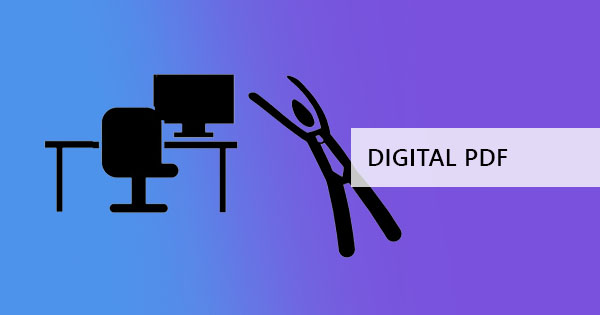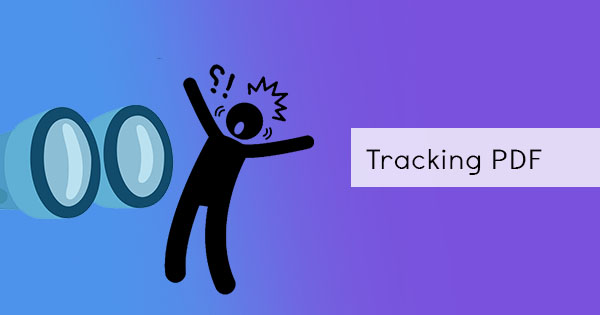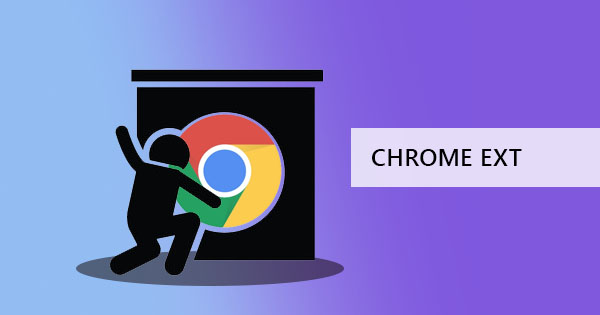
Most people deal with data or information on a document in their everyday lives. Some need contracts for suppliers, some have records for their businesses, and students have textbooks for school. The list goes on when it comes to getting and keeping information. But it does beg the question: What is more important to have nowadays? A hard copy or a digital file? Let’s take a look further.
Imagine you were a student at a university and you had a whole day of classes, studying. If you got that down ask yourself, what do you utilize the most when it comes to recording or listing down the things you learned during class? Do you take out a piece of paper and jot down notes as the professor talks? Or are you the type that yanks a laptop from your bag, turns it on, and types the material shared?

Some might say they are the former, relying much on the physical touch and seeing said notes on paper. These people are confident about the information they wrote down because physically they see scribbles and shapes that they themselves produced. Some also say that this old school way of handling and keeping information helps their memories retain and remember because of the activity that allows the brain to focus.
On the other side of the pond, some people have adapted well to technology and use it to list down and store information. Most teens and adults from the millennials and generation z have embraced the modernization of technology and use it in their daily lives. Nothing wrong with moving with the times.
Yet, there will be always an argument of which manner is better to use. The eternal fight of old ways against the new comes into play. But it’s better to compare before we decide on which is the most optimal way of storing information. A brief background on both methods should do the trick.
What is a hard copy?
A hard copy is something physical, tangible, and printed onto paper. It is a permanent reproduction of a document in its physical form. Samples of these can be printed documents, books, or written forms. It is also known as “paper copy,” as it is, after all, a copy of the information placed on paper with ink. Hard copies have been used for many years and are still utilized to this day.

There are many reasons why we still have hard copies in this modern age. One reason is the fact that there is still a need for certain papers to be signed and notarized for legal purposes. Second, most school and offices may not have the capacity to provide technical support, therefore find it cheaper and much more accessible to provide printed books or handouts. Third, the most common reason to all, most transactions go with the norm, people preferring processes based on what they are used to. Few people are equipped and educated with digital means because they think it’s an added cost. For someone who is not well versed in using a computer, having hard copies is the way to go.
What is a soft copy?
As time passed and new technologies are created, people have developed a way to save and import information faster and better. Such is called a soft copy or scanned copy. By definition, it is data or information that can be stored digitally, mainly through the use of computers. Ergo, also known as “digital file.” It serves the same purpose of having a hard copy, yet more convenient and efficient. It does not need physical space to store information, instead uses storage space on the computer or over the internet. It can be sent quickly online and has no shelf life, making it available at all times – as long as you don’t delete if! Obviously, this takes out the effort of sending data through mail or courier services.

In addition, soft or scanned copies can be saved in a variety of formats. Some can be saved as Word files, some as videos, and some as graphic-heavy formats. Compared to hard copies, you would not have the need to write with a pen on paper. The main functionality is having all information in one digital space, may it be online, a computer, or a saving it on a tool like a hard drive or USB.
Comparing Digital V.S. Hard Copy
|
Category |
Digital File |
Hard Copy |
|
Cost |
Cost-efficient to have it stored on the computer only. |
Involves printing and storage costs. |
|
Logistics |
Sent via email, which is free. |
Needs a courier to send the file. |
|
Archiving |
Can be archived and saved safely on the computer or online via secure cloud services. |
Archiving paper may need special physical storage. |
|
Preservation |
May possibly get lost or corrupted online/offline if the transfer was not completed with a stable internet or if the computer got a virus. |
Printed material can rot, disintegrate, or may need special preservation procedures if it needs to be stored long. |
|
Accessibility |
Accessible anytime and anywhere with a computer. |
Doesn’t need a computer to read or open it but you need the actual material. |
|
Reproduction |
Can easily be created, copied, or printed out with a click of a button. |
Need to be photographed/scanned/photocopied. |
|
Authenticity |
Information can possibly be manipulated if security is not added on the document |
Harder to edit – unless of course, the plagiarizer creates a whole new document. |
Recommendation and Conclusion
Both ways have their pros and cons for every situation but in this modern world, using digital files is recommended. Why? Aside from the abovementioned benefits, users become much more efficient and cost-effective. Everyone can also help save the environment with less paper consumption. Additionally, digital files continue to evolve for everyone’s needs, therefore becoming the new norm.
Is it expensive to turn digital?
While there are still some old school thoughts, we beg to differ. Going digital helps you save more! It does not require you to buy a printer, paper, or ink and it is free to create with a computer. Just like our tools here at DeftPDF that are completely free!



